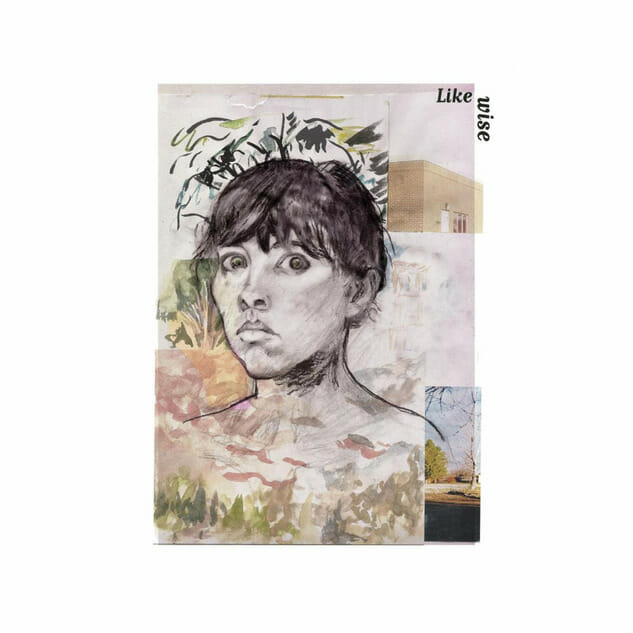Frances Quinlan Paints, And Sings, Her Honest Self-Portrait
The Hop Along frontwoman tells us about her new solo album 'Likewise,' out Friday
Photo by Julia Khorosilov
Joni Mitchell once said, “I’m a painter first. I sing my sorrow and I paint my joy.” You’ve heard her songs, but you’ve also seen her portraits, on the covers of Clouds, Both Sides Now and Taming The Tiger, to name a few places.
Frances Quinlan, the frontwoman of esteemed Philadelphia punk outfit Hop Along, is a bit like Mitchell in that sense. She’s a lyricist, a writer, a singer (one of the most instantly recognizable in rock music, at that) and a talented painter. Her artwork appears on the three most recent Hop Along covers: 2018’s Bark Your Head Off, Dog, 2012’s Get Disowned and 2015’s Painted Shut, one of Paste’s favorite albums of the 2010s. Using someone else’s work for Hop Along visuals was always out of the question.
“I went to school for painting,” Quinlan tells me during a phone call on a particularly wet and cold day late last year—Dec. 18, the day of the House impeachment inquiry, to be exact. We’ve both just turned off the deposition stream. “That’s how I identify myself to a great extent, as a painter. So the idea of using someone else’s work or design for a Hop Along cover just never—I’m sure it’s got a lot to do with pride.”
Cut to now, and Quinlan is preparing to release her first solo album under her own name. It’s called Likewise (out Friday on Saddle Creek), and the cover art is another Quinlan original. This time, it’s a pastel self-portrait painted specifically for this release (“People prefer images of people,” she says). Quinlan gave herself gray, hollow eyes, her gaunt face framed by a messy bun and scattered brush strokes. She almost looks like a deer in headlights. That fear in her face is purposeful. “A lot of what I see for solo album covers is a person who looks very wise and calm, collected,” she says. “And I don’t feel like any of those things. I’m a nervous person, so I thought I better look a little scared.”
-

-

-

-

-

-

-

-

-

-

-

-

-

-

-

-

-

-

-

-

-

-

-

-

-

-

-

-

-

-

-

-

-

-

-

-

-

-

-

-









































